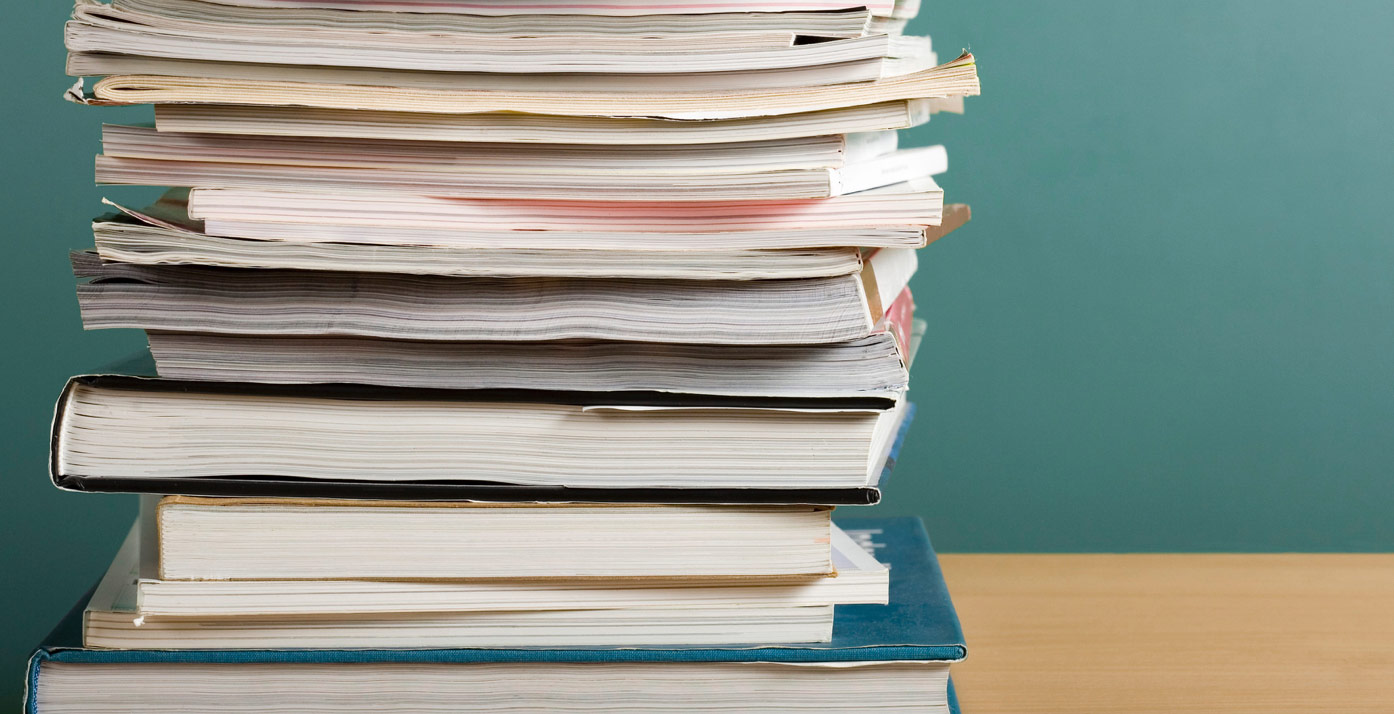This website uses cookies so that we can provide you with the best user experience possible. Cookie information is stored in your browser and performs functions such as recognizing you when you return to our website and helping our team to understand which sections of the website are the most popular and useful.
Closing On Your Home: Just the Facts

Below we dig into the closing process from who’s sitting at the table to the pages you’ll sign.
When Does It Happen?
The closing is the last step to buying your house. It happens after your loan is in order, all your contingencies (like repairs the seller promised to make) have been dealt with, you’ve had a final inspection, and all of your paperwork is in order.
It’s a good idea not to close on the last possible day. Give yourself some leeway in case something goes wrong.
Who Shows Up?
Two parties are essential participants: you and a neutral individual (an escrow officer, an employee of the title company, or a real estate lawyer) who runs the process. You and the seller will have decided on this person shortly before or after you signed your purchase agreement.
If you have your own lawyer, bring him or her along. For first-time homebuyers, it’s a good idea to invite your real estate agent as well.
A person from your lender or title company could also be at closing, along with a notary public to make all those signatures official.
The seller won’t necessarily be there — it’s possible that they’ll do their part separately.
How Long Does It Take?
Assuming everything’s in order, the process takes 1-2 hours. For a less stressful experience, set aside a full day.
You’ll want plenty of time to read all of your documents. Even if you’ve read them before, you’ll want to make sure the actual copies you’re signing look the same and don’t have changes or typos.
Again, you’ll want breathing room in case anything goes wrong.
What Do I Bring?
- Certified or cashier’s check (not a personal check) to pay all of your closing costs. You’ll be told what these are at least 24 hours in advance of the closing when you get your settlement sheet.
- Proof of homeowners insurance
- Photo ID
- Your agent or lawyer
- A copy of the purchase agreement
- Your original Loan Estimate along with any re-disclosed forms due to changes in circumstances
- Any items requested by your lender to bring to closing
What Will I Read or Sign?
Mortgage documents, including:
- Promissory note
- Mortgage or deed of trust
- Monthly payment letter
Real estate documents, including:
- Closing Disclosure
- Warranty deed or title
- Proration papers
- Statement of information
- Declaration of reports
- Abstract of title
- Certificate of occupancy
Remember, you’ll actually be closing on 2 different things: your mortgage and the property itself.
How Much Will I Pay?
Expect to pay several thousands of dollars. Your largest closing costs will probably include:
- Your origination fee
- Points you pay on your mortgage
- Your application, processing, and underwriting fees
- Attorney or settlement fees
- Your survey, inspection, and appraisal fees
- The cost of your title insurance
- Your homeowners’ insurance policy or flood policy for 1 full year
How Should I Celebrate?
We’ll leave this one up to you, but here are some suggestions:
- Shake hands
- Jingle your keys
- Fist pump
- Pop the bubbly and enjoy your new home!




